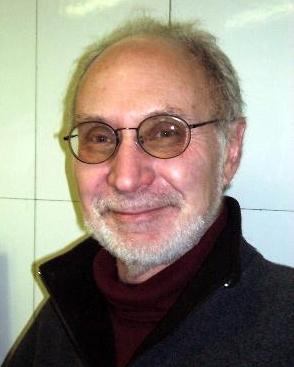| Session | 00 SES 10.1 |
| Time | Thursday, 6 September, 11:00 - 12:00 |
| Location |
Theatre (Stadttheater) (Seven minute walk from main building. There will be student helpers in “ask me” t-shirts to guide you) |
The Paradox of Research: The Good Intentions of Inclusion that Excludes and Abjects
Over the past years, I have been interested in the European and America social and education sciences concerned with school reform and change. The liberal hope of school research is to produce an inclusive society. This hope is embodied in making children as particular kinds of people, sometimes called problem-solvers and lifelong learners for that future society. But for all these good intentions, the hope of future inscribes double gestures in reform oriented research. The hope for making kinds of people embodies fears about the dangers and dangerous populations that threaten that desired future. These “other” kinds of children are distinguished as students who “lack motivation” or are classified as “at-risk”.
The lecture explores the paradox of exclusion and inclusion in educational research. My approach is a history of the present. It asks about the systems of reason that ordered ninetieth century “moral sciences’ and The Social Question in educational history that were concerned with changing urban populations. It then examines contemporary research concerned with reforming teacher education, benchmarks, science and mathematics education, and international student performance assessment. The different research practices, it is argued, are epistemologically not so different. They generate comparative principles and double gestures that produce different kinds of people and social/cultural divisions in efforts to include.
I conclude that if contemporary research works as a comparative system of reason that differentiates and divide, perhaps other notions of change are appropriate in the sciences of education. One option is to look to the past in the present. This is to historicize what is taken as natural in the present as a method to open up spaces other than those framed by the contemporary order of things.
Bio

Thomas Popkewitz is a Professor in the Department of Curriculum and Instruction and Scandinavian Studies, The University of Wisconsin-Madison, USA. His studies focus on the systems of reason that govern curriculum reforms, the sciences of education, and teacher education. His research crosses the fields of curriculum studies, the political sociology of education, and cultural history and globalization in education to understand the politics of educational knowledge and the paradox of exclusion and abjection in efforts to include. He is currently writing a book, tentatively entitled The Impracticality of Practical Research. A History of Sciences of Change That Conserve.
PDF of Conference Programme
Please consider the environment and do NOT print the entire Programme. The Venue Booklet will be part of the conference material, so no need to print in advance either. Thank you.